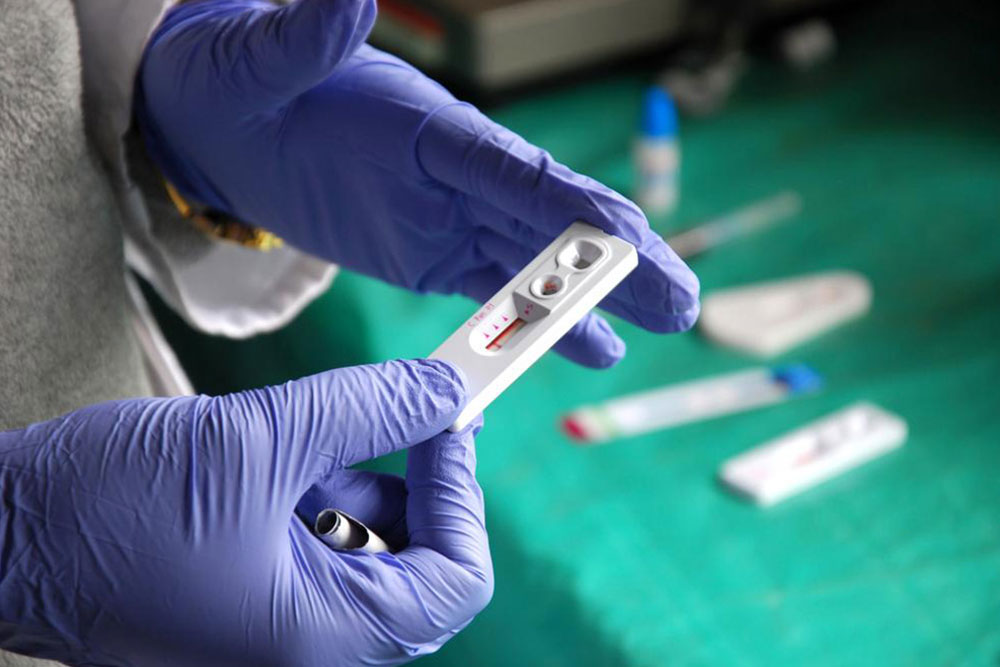Comprehensive Strategies for Leading a Healthier Life with HIV/AIDS
Living with HIV/AIDS requires a comprehensive approach that combines modern medical treatments with healthy lifestyle habits. By partnering with healthcare providers, adhering to medication routines, and making positive lifestyle modifications such as quitting smoking and eating nutritiously, individuals can effectively manage their condition. This detailed guide explores effective strategies to help those with HIV/AIDS lead longer, healthier, and more fulfilled lives. Regular health monitoring and supportive psychological care are also essential components of successful disease management. Empower yourself with knowledge and proactive health habits today.

Comprehensive Strategies for Leading a Healthier Life with HIV/AIDS
Living with HIV/AIDS presents unique challenges that require ongoing management and proactive health strategies. Advances in medical treatments and a holistic approach to health can enable individuals affected by HIV/AIDS to enjoy a fulfilling and meaningful life. It is essential to understand the importance of seeking specialized medical care, adhering strictly to medication regimens, and embracing healthy lifestyle habits. Building a strong, trusting relationship with healthcare providers can dramatically influence treatment success and emotional well-being. Moreover, lifestyle modifications such as quitting smoking, reducing alcohol intake, and maintaining a balanced diet play a critical role in improving overall health outcomes.
In this comprehensive guide, we explore effective strategies that empower HIV/AIDS patients to take control of their health, prevent complications, and enhance their quality of life. From understanding modern treatment options to adopting a healthier lifestyle, each step is vital in managing the condition effectively and living long, healthy lives.
Explore Advanced and Personalized Treatment Options: Modern HIV therapies, including antiretroviral treatments (ART), have revolutionized disease management. These medications effectively suppress viral load, allowing those affected to lead active, healthy lives. Patients should work closely with healthcare providers to identify the most suitable treatment plan tailored to their circumstances and monitor progress regularly.
Develop a Strong Partnership with Healthcare Professionals: Building mutual trust and open communication with doctors, nurses, and specialists ensures better disease management. Regular check-ups and honest discussions about symptoms or side effects foster a supportive environment that promotes adherence and emotional stability.
Maintain Strict Medication Adherence: Consistency is key in HIV management. Taking medications exactly as prescribed prevents viral replication, reduces the risk of resistance, and minimizes health complications. Using reminder tools or medication management apps can help maintain adherence.
Follow Comprehensive Treatment and Lifestyle Guidelines: Adherence to medical advice and routine health screenings help detect potential issues early. Lifestyle guidelines, including balanced nutrition, regular exercise, and stress management, contribute significantly to overall health.
Besides medical treatments, adopting healthy habits can significantly reduce the risk of secondary health problems. Quitting smoking is particularly important, as tobacco use exacerbates cardiovascular risks and certain cancers. Limiting alcohol intake helps prevent liver damage and supports immune health. A nutritious diet rich in fruits, vegetables, lean proteins, and whole grains helps strengthen the immune system and promotes recovery. Incorporating regular physical activity enhances cardiovascular health, mood, and energy levels.
Psychological well-being is also crucial. Support groups, counseling, and engaging in community activities can provide emotional support, reduce feelings of isolation, and foster resilience. Educating oneself about HIV/AIDS, treatment options, and wellness strategies empowers individuals to make informed decisions and advocate for their health effectively.
In summary, living well with HIV/AIDS is achievable through a combination of effective medical treatments and proactive lifestyle choices. Regular medical monitoring, adherence to treatments, and a healthy lifestyle can greatly improve quality of life, prevent complications, and enable long-term health and happiness for those affected.





